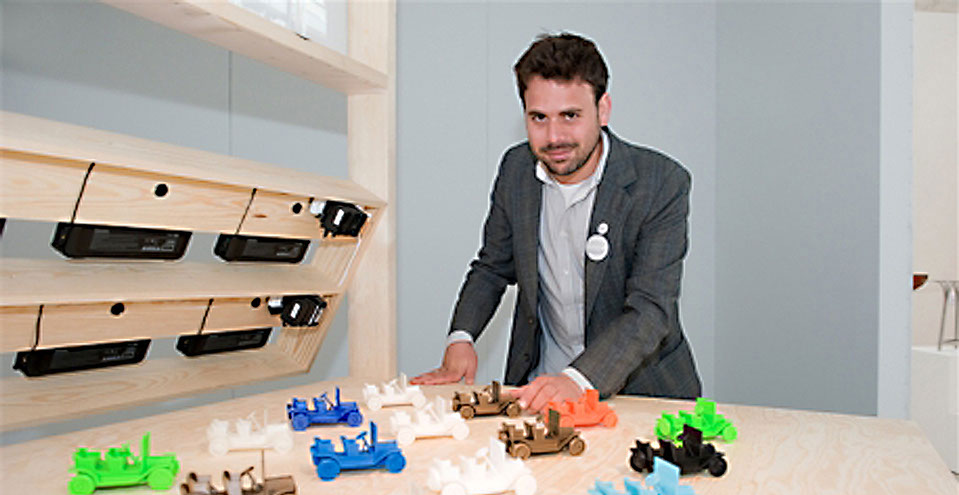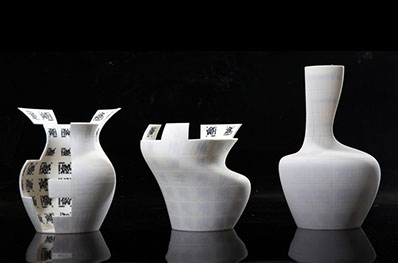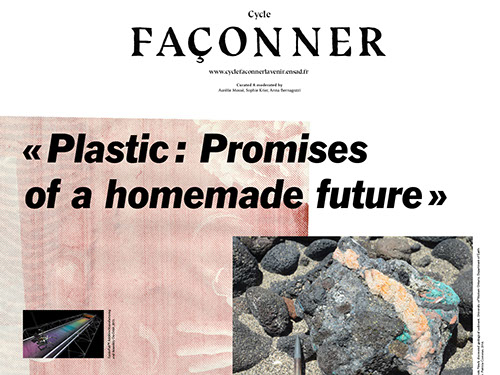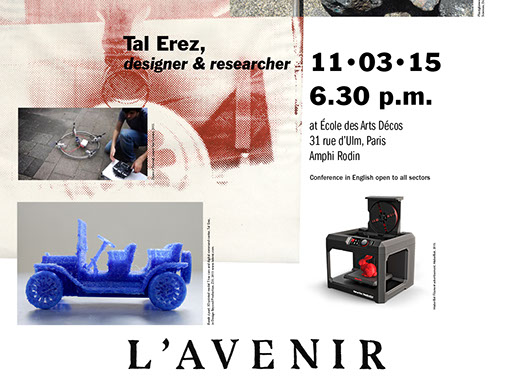"Tour à tour chercheur, designer, artiste et sociologue, il se passionne depuis la fin de ses études sur les changements politiques et sociaux, relatif aux apparitions de nouvelles technologies. Jouant ainsi le rôle de celui qui observe, il décrypte souvent avant les journalistes, les enjeux colossaux pour ces industriels et propose des œuvres, plus que des objets de consommation, qui nous renvoient à notre propre responsabilité de client. Toutes ses productions ont une portée éducative et permettent au spectateur de prendre du recul sur ces nouvelles offres toujours plus attractives qui changeront, peut-être, notre vie."
Victor Willaert, Design Objet 4e année
BIO
Tal Erez is a designer and researcher who explores issues of political change, institutional critique, and contemporary forms of resistance. Erez’s research methodology encompasses both the production of objects and text: situated between theory and praxis.
Tal has exhibited internationally with the Israeli pavilion exhibition at the venice architecture biennale (Aircraft Carrier, 2012-13), Droog Design (Design for download, 2011, 2013), and Z33, House for contemporary art and design (The Machine, 2012; Design beyond production, 2013), amongst others.
Tal holds degrees from the Holon Institute of Technology (ISR) and the Design Academy Eindhoven (NL). He teaches design in Hadassah college and in Bezalel academy’s design Masters program in Jerusalem. Tal is currently a research fellow at Het Nieuwe Instituut (NL), and is the curator of the exhibition Plastic: Promises of a Home Made Future that will open in Rotterdam in January 2015.

Outline of talk:
A guided tour through the past and present of Plastic, and the forces who try to control its future.
Plastic has played a central role in 20th century capitalism. It was a material that signified all the promises of the 20th century: Modernity, democracy, lifestyle, sterility. More then everything, it has marked the triumph of science, of man, over nature. But like capitalism, Plastic soon turned a dark side. It has come to symbolise the perils of global economy - excess production, global manufacturing, blind consumerism, cheapness and more the anything, man's footprint on the eco-system. Just a few months ago, a new geological form was discovered - Plastiglomerate - which contains parts of plastic in it.
Yet a new technology offers a new future for plastic. 3D printing offers the material the chance to serve opposite purposes - singular production, conscious consumerism, local manufacturing, contextualisation, and turn plastic into an ecological promise, rather then a threat.
As often futures go, this is not a guarantee. As in any industry in the making, market forces push for capitalisation, as social forces push for democratisation. Somewhere in between the future of plastic resides.
The lecture will explore these forces, their interests and their actions towards 3D printing under three chapters: Propaganda, Policy and Monopoles. When we will know more about this battlefield, we might also learn that we - both designers and consumers - are at its core.
This lecture is an invitation to take sides.


